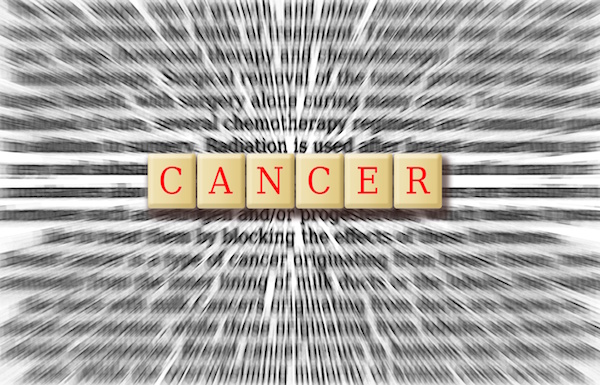
TUESDAY, March 16 (HealthDay News) — Older colon cancer patients are less likely than younger ones to receive potentially life-prolonging chemotherapy following surgery for their illness, a new study reveals.
The research indicates that those with advanced colon cancer who are over the age of 75 are both less likely to receive chemotherapy and more likely to receive less chemotherapy even when they are given the treatment.
Yet, prior research has indicated that surgery coupled with postoperative chemotherapy appears to reduce the risk of dying from the disease or experiencing a recurrence.
“So, we have to wonder why one of two older patients are not getting chemotherapy when the trials say they benefit from it,” said study author Dr. Katherine L. Kahn, a professor of medicine at the David Geffen School of Medicine at the University of California, Los Angeles (UCLA).
“One reason is that there aren’t that many older patients enrolled in study trials, and so doctors aren’t comfortable with the research findings regarding the elderly,” Kahn noted. “And there also isn’t much written about how you manage those patients. But we studied what happens, and we find that the half that gets treated do great, just as well as younger patients who get chemotherapy.”
Kahn, who is also a member of UCLA’s Jonsson Comprehensive Cancer Center, and colleagues report their findings in the March 17 issue of the Journal of the American Medical Association.
According to American Cancer Society estimates, more than 106,000 Americans were newly diagnosed with colon cancer, and nearly 50,000 men and women died from the disease, last year alone.
Previous research has indicated that, regardless of age, patients who receive chemotherapy following surgery are 24 percent less likely to die and 32 percent less likely to experience the return of their cancer.
To gain insight into the age differential, Kahn’s team analyzed data concerning 675 stage 3 colon cancer patients. All had undergone surgery after having been diagnosed between 2003 and 2005. Just over 200 of the patients were over 75.
The authors reviewed both patient surveys and medical records covering a period of three months before diagnosis, and up to 15 months after that.
Kahn and her team found that, overall, three-quarters of the patients received chemotherapy following surgery.
However, when breaking it down by age they noted that while 87 percent of patients under the age of 75 underwent chemotherapy, that figure dropped to just 50 percent among patients over the age of 75.
And despite the fact that older patients who did receive chemotherapy were less likely to have additional disease than their peers who did not get chemo, the older group was more likely to receive lower than the standard recommended dosage for their chemotherapy regimen.
The age bias was also apparent when looking at the length of chemotherapy treatment. While just 25 percent of younger patients had discontinued their treatment by the 150-day mark, that figure rose to 40 percent among those over the age of 65.
Patients over the age of 75 were more likely to experience negative side effects early into their chemotherapy. However, side effects that manifested well into the chemotherapy process actually occurred less frequently among patients 75 and older than among younger patients.
The researchers did find significant evidence of adverse side effects overall. They observed that 24 percent of the patients experienced at least one negative side effect by the end of the study period, and that side effects were twice as likely to occur among those who received chemotherapy as among those who had surgery alone.
However, the authors concluded that, as a whole, older colon cancer patients were not more likely to experience chemotherapy side effects than younger patients.
“But this finding doesn’t override what doctors are fearful about,” Kahn cautioned. “We don’t know whether we can generalize our results to all older people, because we still have limited information,” she explained.
“For example, maybe all older people on chemotherapy will do as well as the younger patients,” Kahn said. “Or maybe the older ones who got it in our study were selected out by their doctors as the ones most likely to do best. We don’t know yet. We need more data.”
Meanwhile, Dr. Frank A. Sinicrope, a professor of medicine and oncology at the Mayo Clinic in Rochester, Minn., suggests that age is just one of many variables to consider when deciding which treatment to offer cancer patients.
“I think it’s important to say that there’s no data presented in this study [on] recurrence or survival among any of the patients,” he noted. “So, there’s no comment the researchers can provide here on what the benefit of chemotherapy actually is among either older or younger patients,” Sinicrope said.
“But the overriding message here is that we need to move beyond making treatment decisions purely on the basis of age. We need to think more about the performance status of the patient and their overall medical condition, and consider offering these patients treatment if appropriate,” Sinicrope said. “And, yes, certainly I think more research and studies specifically looking at elderly populations would be beneficial to have.”
More information
For more on colorectal cancer, visit the American Cancer Society.

